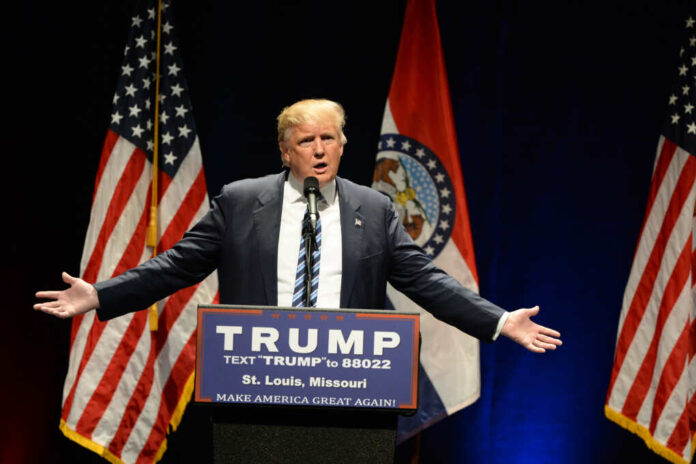
During her highly anticipated testimony in the criminal trial against former President Donald Trump, Hope Hicks, a former close advisor who served as White House communications director, revealed that Trump’s primary concern following the leak of the controversial “Access Hollywood” tape was the potential impact on his family, particularly his wife, Melania.
The “Access Hollywood” tape, which captured Trump making crude comments about women during a 2005 conversation with television host Billy Bush, sparked widespread outrage and raised questions about its potential effect on Trump’s candidacy. According to Hicks, Trump’s immediate concern was not the political fallout, but rather the personal impact the tape’s release might have on his loved ones.
“Mr. Trump really values Mrs. Trump’s opinion. She doesn’t weigh in all the time, but when she does… it’s valuable,” Hicks testified, emphasizing the importance Trump placed on his wife’s perspective. She revealed that Trump took steps to shield his family from the controversy, instructing that newspapers covering the story not be brought to the Trump residence to avoid causing hurt or embarrassment.
Hope Hicks on Michael Cohen: "He used to like to call himself Mr. Fix it, but it was only because he first broke it"
Andy McCarthy: "The most important thing here is the judge's impact on the jury.
The jury isn't being told why it's not a campaign expenditure under federal… pic.twitter.com/pqMR4Uvi8G
— Eddie (@ICU1010) May 4, 2024
Hicks’ testimony provides a more nuanced understanding of Trump’s motivations in the wake of the “Access Hollywood” scandal, suggesting that his primary focus was on protecting his family from the negative attention and minimizing the personal damage the tape’s release might cause. “I don’t think he wanted anyone in his family to be hurt or embarrassed about anything on the campaign. He wanted them to be proud of him,” Hicks told defense attorney Emil Bove during cross-examination.
The prosecution has sought to portray the “Access Hollywood” tape as a catalyst for the alleged hush money payment made to adult film actress Stormy Daniels, arguing that it was an attempt to safeguard Trump’s electoral prospects. However, Hicks’ account introduces a more personal dimension to Trump’s decision-making process, suggesting that his primary concern was the well-being and opinions of his family, rather than the potential political ramifications.
As the trial continues, the defense is likely to build upon Hicks’ testimony to challenge the prosecution’s assertion that the payment to Daniels was motivated primarily by electoral considerations. This line of argument could potentially undermine a key element of the case against the former president, as the charges hinge on the alleged falsification of business records to conceal the true purpose of the payment.
Hicks’ appearance on the witness stand marks a significant moment in the high-profile trial, providing a rare glimpse into the inner workings of the Trump campaign and the former president’s personal priorities during a tumultuous period. As the proceedings unfold, the insights offered by Hicks and other key witnesses will undoubtedly shape the legal strategies employed by both sides and influence the public’s perception of the case against the former president.














